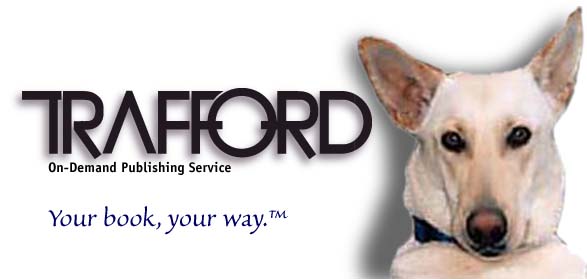
The main subsidy publishers that offer competition to Author Solutions remain Lulu and the Amazon services: CreateSpace and BookSurge. The trouble with one company owning most of the subsidy market is two-fold:
- Less innovation because there is no need for these companies to compete with each other to offer a better product.
- Costs remain static and don’t come down because companies do not need to compete by lowering prices.
On the one hand, this is potentially good news for companies like Dog Ear Publishing, as they can compete with the Author Solutions’ companies by fulfilling the above two requirements. However, because they’re a small company and Author Solutions has a greater share of the self-publishing market, a smaller company cannot necessarily afford to lower prices – especially in this economy. As of now, the smaller subsidy publishers are more expensive than the larger firms and those owned by Author Solutions are generally priced the same: there is a minimal different in cost between publishing with iUniverse or AuthorHouse.
So all told this is not the greatest development for the self-publishing community. One of the marks against print on demand is that it is more expensive per book than a large print run. Though there are alternatives – such as publishing straight with Lightning Source, rather than using a subsidy service – when you add the cost of professional cover design, editing, and marketing, you are very possibly going to pay more than you would with a subsidy publisher. Book design and editing alone costs – conservatively – $800 for a standard book-length manuscript.
Author Solution’s purchase is not a guarantee that costs won’t come down or innovation will stay in place, but one company owning the lion’s share of services is often not a positive development.
Get an Editorial Review | Get Amazon Sales & Reviews | Get Edited | Get Beta Readers | Enter the SPR Book Awards | Other Marketing Services


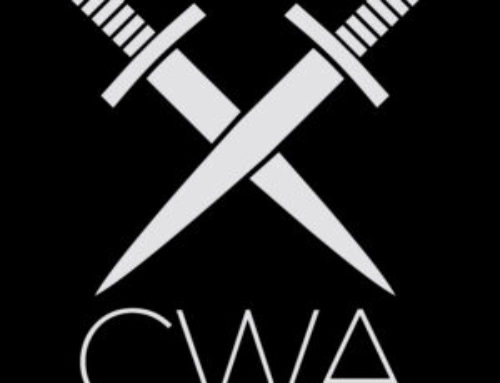
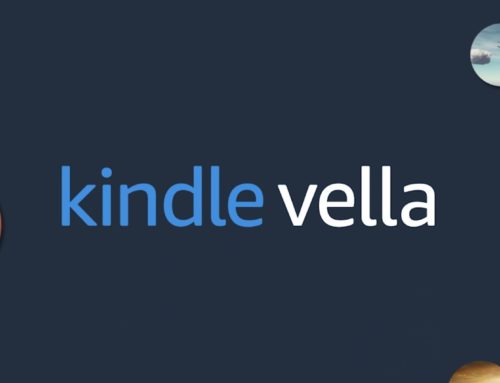
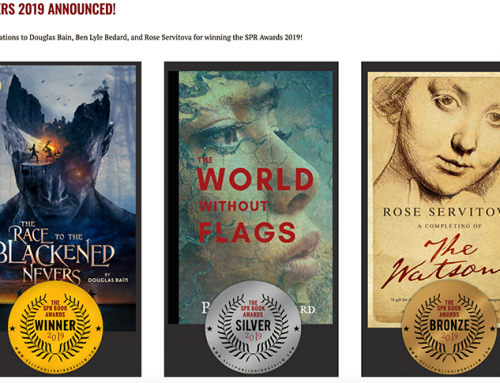
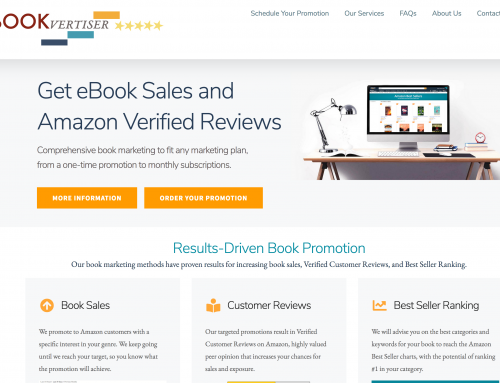
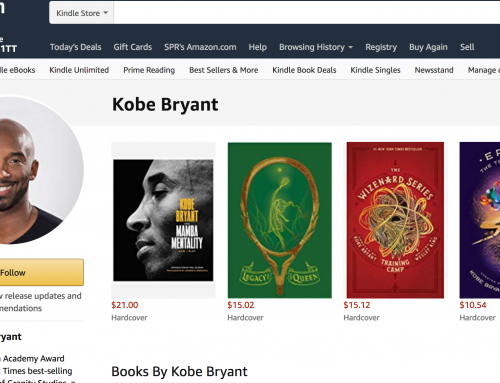



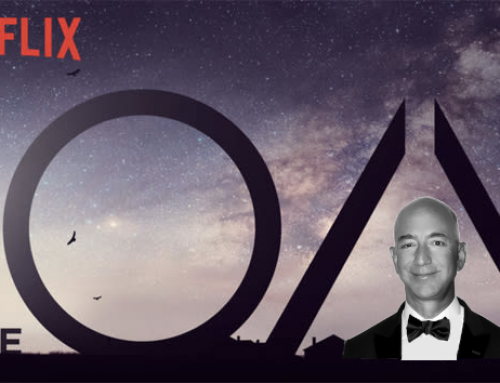
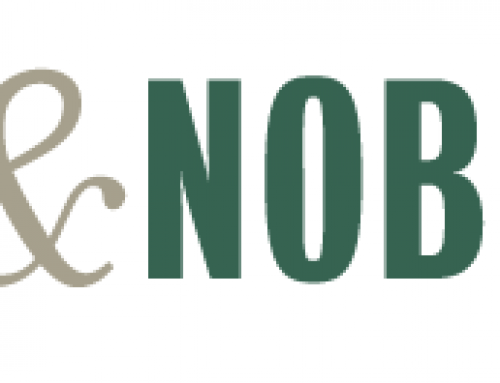
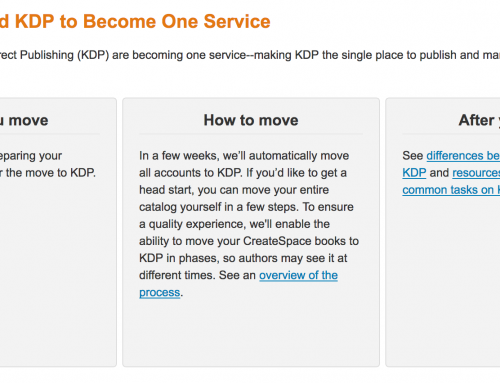

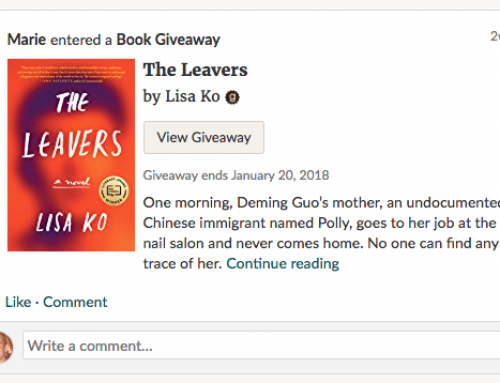
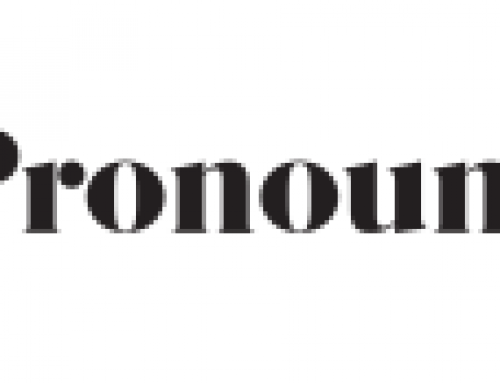
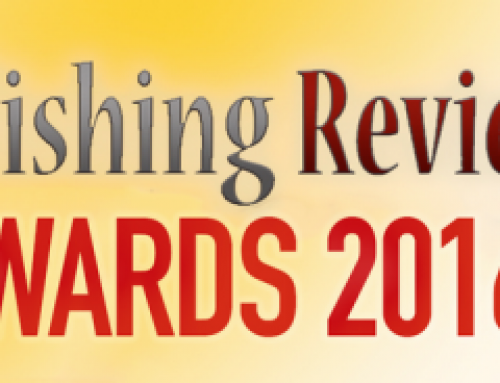
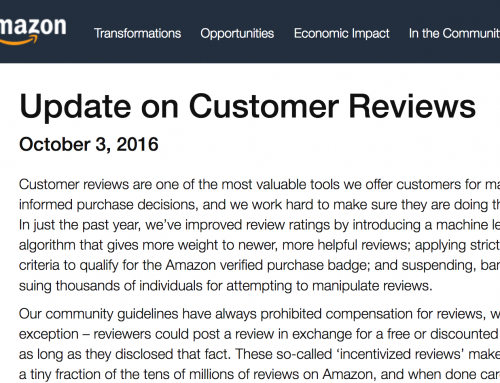
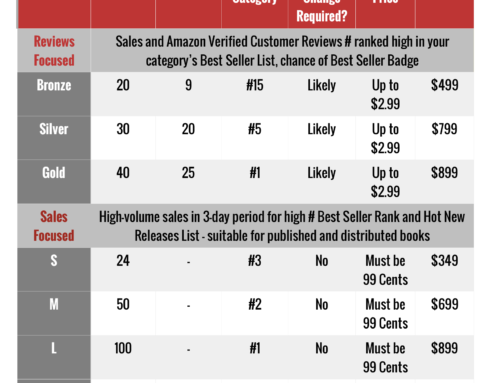
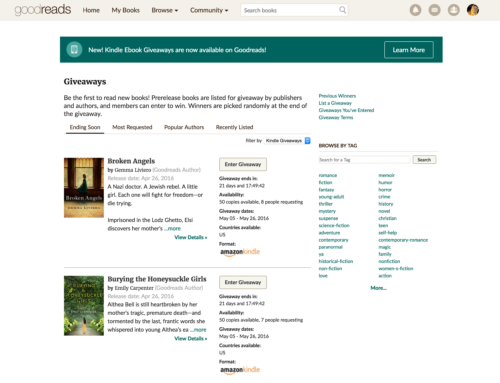
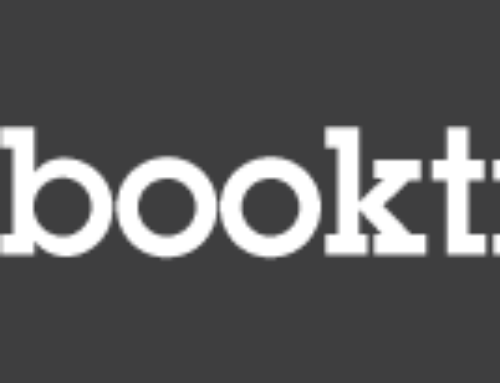

I wouldn’t really count Createspace and Lulu in the same category with Xlibris or iUniverse. DIY sites are competitively and structurally very very different, and as far as major players, those you mention may be major, but there are a ton of other large players out there like Wheatmark, Infinity, Outskirts, Booksurge … I could go on and on. Publishing straight with Lightning Source also has benefits, but their set-up costs are slightly higher than what you pay at Lulu, not to mention you have to have your own ISBNs and the DIY is still all up to you.
If you can do DIY, then by far that is the most cost effective way to go, but if you can’t and must rely on a subsidiary press, there are still a lot to choose from, and even though packages are pricy, they are competitive.
One good thing is that these companies know prices are pretty stable and competitive, so what I am seeing more of lately is the adding of bells and whistles to one up each other — value added services like ad space with PW and other fiddly marketing bits.
Certainly there are other services, but in terms of name recognition and # of books published, Amazon and Lulu are frontrunners – compared to places like Wheatmark and Outskirts Press. A Lulu author is appearing on Oprah today:
http://www.cnn.com/2009/TECH/04/06/print.on.demand.publishing/index.html
A majority of the people looking to self-publish are probably going to look first at Lulu, Amazon and the Author Solutions services. The problem I’m seeing is that even if there are new services offered, they’re pretty expensive. If you’ve got $4000 to spare, you can put a good marketing program together (such as at Mill City Press). But most self-publishers don’t have that kind of money, which is why they go straight to “free” publishing with Lulu.
This is probably a revenue play since, as you note, POD isn’t as susceptible to lower costs through higher quantities. If that’s the case, then prices could rise for authors using these services. Where can you squeeze costs out of self-publishing through consolidation?
The rights leverage this will give these players is also something to watch.
This is probably not good news, unless Dog Ear and others get more authors to switch to them to balance it out.
I said earlier this year that the purchase of Xlibris by Author Soultions would not be the last, nor do I believe the purchase of Trafford will be the last either. ASI will continue to strengthen their market share, and as Cheryl pointed out, there remains serveral other ‘prime’ targets. Expect a very significant and major acquisition/partnership outside of self/subsidy publishing around early to mid-summer by ASI.
When I have noticed in the past 12 months is grawing increase in the amount of authors going the DIY route, be that with Lulu or going directly with Lightning Source. New authors entering the self publishing world do so now with far more knowledge and saavy than, say, authors two or three years ago.
POD’s certainly gain lower costs through higher quantities. Software development is key. It’s not about the content of the books–its about managing that many orders, tens of thousands of titles, printing and shipping. It’s a factory for widgets, and the larger you are, the more economy of scale you enjoy. I doubt AS will lower costs to authors with dreams of success in their eyes, but they will make a larger profit from being efficient, and dominating the market. Rather like Wal Mart, they may end up being able to set their own terms to suppliers.
It does seem unsettling that all these businesses are being swallowed up by Author Services. However, there are plenty of self publishing companies to choose from out there (just do a search on google.com). Mill City, Wasteland Press, Infinity and many others will more than make-up for the loss of all these larger companies who can’t provide a good service to authors.
I see Lulu is getting into the subsidiary publishing package game as well. I posted a link on the podpeep site. And they made some drastic changes to their distribution plans. I guess they wanted a bigger chunk of the pie. I would love to know how much staff they are hiring for this extra attention.
Just to qualify another poster’s remark on here: Booksurge is CreateSpace is Amazon. Perhaps you mean Booklocker? There are new companies popping up all the time, too.
I wouldn’t worry too much about Lulu or CreateSpace though. It’s nearly impossible to weed through the disasters to get to something worthwhile. I had someone send me a book on design that was published by CS and it discussed Sans-SERF fonts.